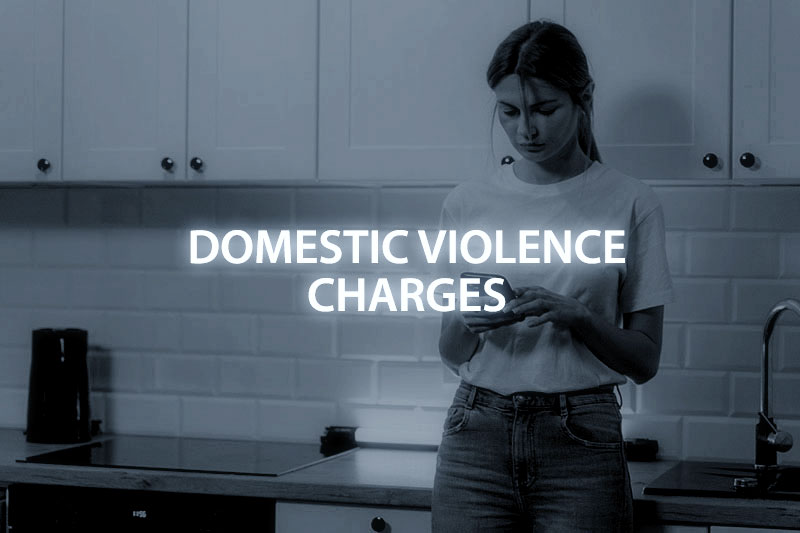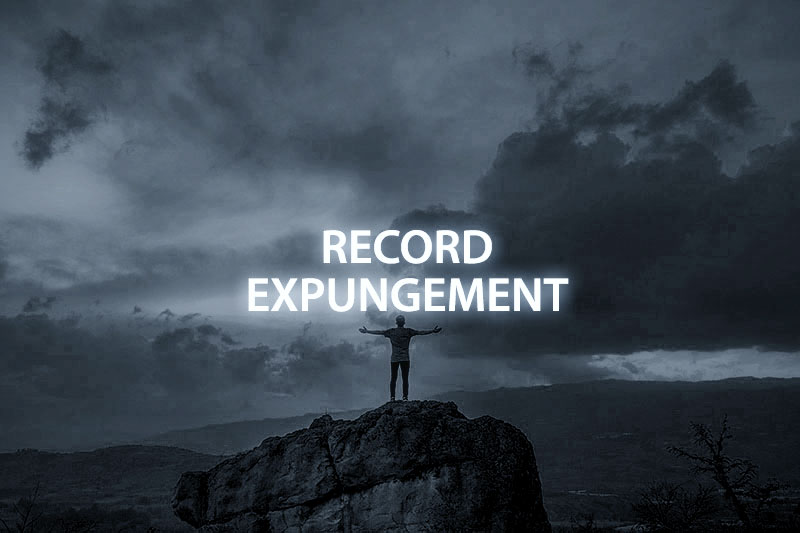The process of obtaining, contesting, or responding to a DVRO in California involves critical steps and legal nuances that must be followed meticulously. Whether seeking protection or defending against a DVRO, understanding deadlines, completing the correct paperwork, and following court protocol is essential. To navigate this process effectively, it's highly recommended that parties involved seek legal counsel to ensure their rights and interests are properly represented in court.
California takes drug offenses seriously, with a legal framework designed to address various aspects of drug-related activities. While possession of small amounts of controlled substances is still a misdemeanor, trafficking and manufacturing come with much heavier consequences. The state also offers drug diversion programs for qualifying individuals as a way to combat drug abuse issues.
The intersection of DVROs with custody and visitation rights encapsulates a delicate balance between protecting victims of domestic violence and upholding the children's best interests. For parents navigating these waters, becoming informed about their rights and obligations, adhering to court orders, and seeking appropriate legal and emotional support are vital steps. Despite the challenges, it's important to remember that the primary goal is ensuring the safety and well-being of the children involved, guiding principles that the court also aims to uphold.
Expungement in California embodies the state’s commitment to rehabilitation and second chances. By debunking these myths, individuals can better understand and navigate the path to clearing their records, opening new doors to opportunities that were once thought to be permanently closed.



